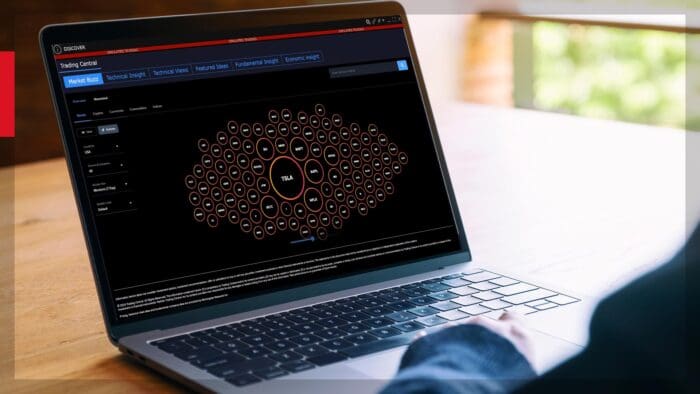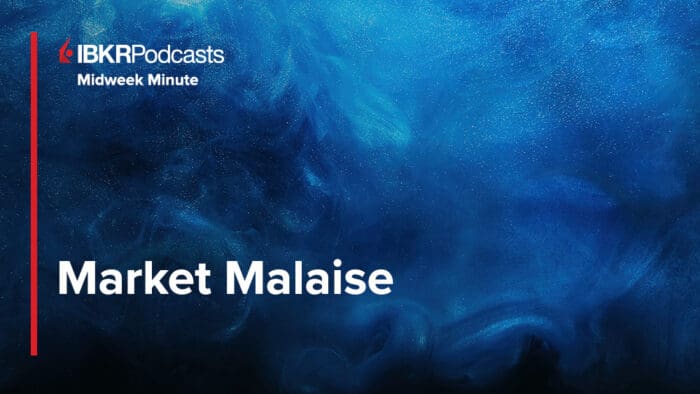As you grow older, the proportion of what you spend on certain items is likely to change. You may have been paying off a mortgage, buying a retirement home or paying college tuition fees for your children. Let’s take a look at how spending habits might morph over time and consider some of those significant changes as you enter retirement.
Grown-up Children Even if you stop having kids at 42 and take retirement at 67, your children may well have moved out of the house and formed their own homes by the time you leave the job market. Caring for a family from diapers to college is undoubtedly expensive. But as your children gain their own independence, it means that they might buy their own car and auto insurance, pay their own rent or even buy their own home. Family cellphone plans and food bills are likely to drop noticeably. Depending on how and when this happens consider using some of the cash it frees up to put into your 401k or take on an additional Roth IRA.
Housing – For most families, the number one expense is on their home and paying that monthly mortgage expense. Aim to have your house paid off at retirement. Before landing at retirement age, look at the outstanding balance and try to chip away at the remaining capital balance of your mortgage.
That piece of the debt reduces over time, and you can make substantial progress by diverting money you don’t have to pay out each month as the children move on. For most people, their biggest asset comes from the sale of their home. Part of your retirement plan should be realizing capital gains from the appreciation over time in the value of your home.
Benefit from inflation by cashing in the family home and moving to a smaller house that requires less maintenance and upkeep as an integral part of your retirement plan. Note that there are plenty of online mortgage calculators that will allow you to see how quickly you can pay off your commitment by overpaying each month. Paying down the principal each month with excess cash you have can shorten the lifetime of your mortgage. The more you pay, the faster you arrive at owning your home outright.
Additional Real Estate – Some couples are able to commit to a second property in their higher earning years. This is a nice strategy especially if you are able to coincide the payoff when you are about to retire. This may form the backbone of a seamless transition as you take time to sell your family home and already have somewhere to go.
Alternatively, some couples use the vacation or retirement home route as a specific vehicle to build a nest egg ahead of retirement. And when it comes to actually retiring, they have the luxury of moving in full-time or selling and finding a new home. But once again, aim to coincide retirement with the final payment on that vacation villa.
Auto Downsize – Fewer cars – It might be possible to spend less on automobiles as you enter retirement, especially without that daily commute. Some couples find that once they stop working, they can manage with one less car. And for sure, you will need to spend less on gas, maintenance and possibly insurance.
College Loans – Education – while not always the case, you may have already paid off kids’ college loans and tuition expenses. But planning for paying these down before you can retire is a necessary part of the overall plan.
Healthcare – on the flipside, as you get older, you are much more vulnerable to unexpected medical bills. Medicare can help, but it won’t cover long-term care. We’ll return to medical care later.













Join The Conversation
For specific platform feedback and suggestions, please submit it directly to our team using these instructions.
If you have an account-specific question or concern, please reach out to Client Services.
We encourage you to look through our FAQs before posting. Your question may already be covered!